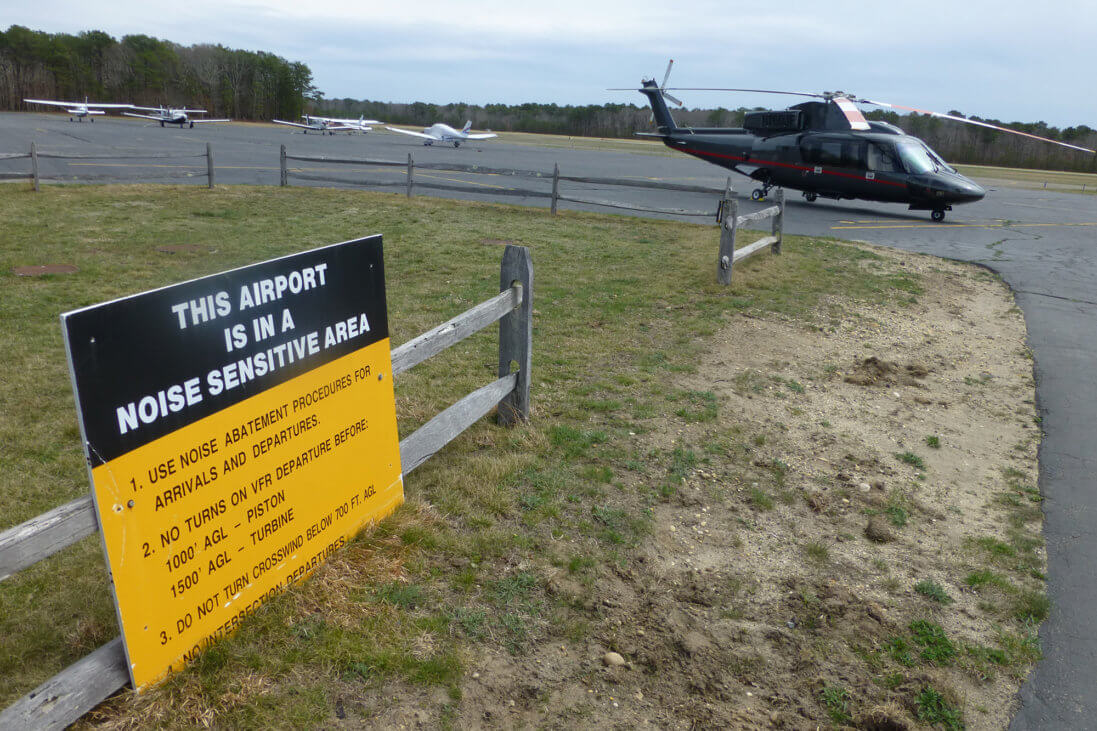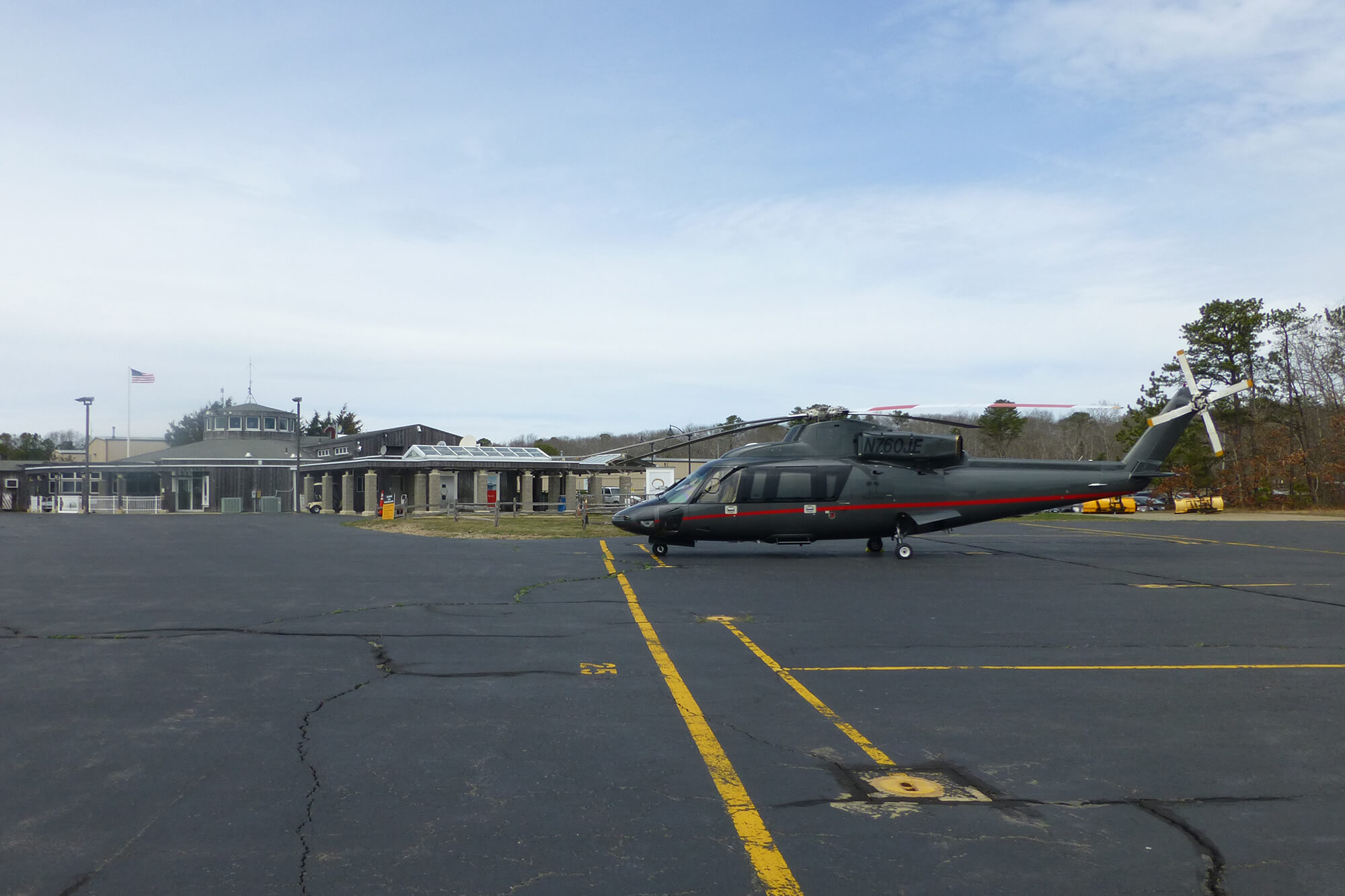
June 28, 2019
NBAA encourages all operators flying to or from East Hampton Airport (HTO) to “fly neighborly” and become familiar with a number of changes to the noise abatement procedures for this season. These policies are in effect to mitigate noise for communities surrounding the embattled airport.
HTO is owned and operated by the town of East Hampton, which in April 2015 adopted several restrictions on aircraft operations to decrease noise. NBAA, the Friends of East Hampton Airport and others argued the town violated the Airport Noise and Capacity Act of 1990, and contested the restrictions in court.
The case rose to the U.S. Court of Appeals for the Second Circuit in New York, which issued a decision in November 2016, agreeing with NBAA’s position that all three restrictions were impermissible. The town sought to appeal to the U.S. Supreme Court, but the high court denied the petition in June 2017.
In August 2017, the U.S. District Court for the Eastern District Court of New York issued a permanent injunction that struck down the restrictions.
The town of East Hampton has since decided to decline federal funds for its airport, potentially enabling it to close the airport when its existing grant-based obligations expire in September 2021.
The industry remains sensitive to community concerns, implementing and continuously improving a number of voluntary policies including:
- A voluntary curfew between the hours of 11 p.m. and 7 a.m.
- Helicopter arrivals at 3,500, with a step-down approach nearer to the airport.
- New this season: rotorcraft arrivals from the north and departures to the south, to split traffic and disperse flights.

“Operators are acting in good faith with the voluntary curfew,” said Jeff Smith, vice president of operations for the Eastern Region Helicopter Council, chair of NBAA’s Access Committee and incoming board member of Helicopter Association International. “This season, we’ve seen only one non-compliant operation by a helicopter. For all other types of operations, less than 1 percent of operations have occurred during curfew hours.
“As an industry, we have to understand how important community compatibility with the airport is in regard to the sustainability of the airport,” added Smith.
Sound Aircraft Services, the sole FBO on the field, also is doing its part.
“We elected to provide no regular support or ground handling services during the voluntary curfew,” said Steve Tuma, owner of Sound Aircraft Services. “Sound Aircraft Services is committed to working with the town and the operators to identify a sustainable solution for all involved.”
Operators also are asked to be mindful of peak periods, including Thursday and Friday evenings for arrivals and Sunday evenings and Monday mornings for departures, and consider arriving and departing outside those periods.
The East Hampton Aviation Association (EHAA) encourages its members to comply with voluntary policies and procedures to mitigate noise, and also works to promote the airport to the community through events like Just Plane Fun Day, which will be held on Sept. 7.
“It’s important to consider what’s right for the community,” said Kent Feuerring, president of EHAA. “A vocal minority complain about noise, but raising awareness is a wonderful way of getting the local residents involved in the airport so they understand the value the airport brings to the community. We are educating the silent majority so when airport issues come up, they are more likely to be supportive of the airport.”
EHAA uses these events to showcase how the airport contributes to the area – from rescue and disaster relief services to positive economic impact for the town and region.
Feuerring, Smith and Tuma agree that careful compliance with voluntary procedures is critical in the short-term to help set the stage for the long-term solution, enabling the industry and the town to work together.
NBAA members are encouraged to become familiar with and comply with the voluntary curfew and other procedures. View the list of procedures.


 International Business Aviation Council Ltd.
International Business Aviation Council Ltd.